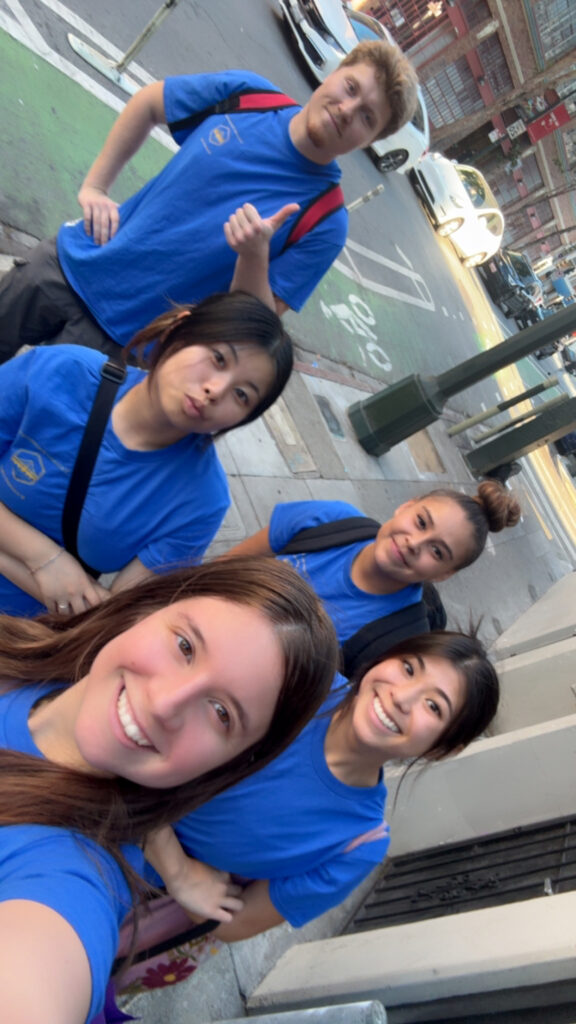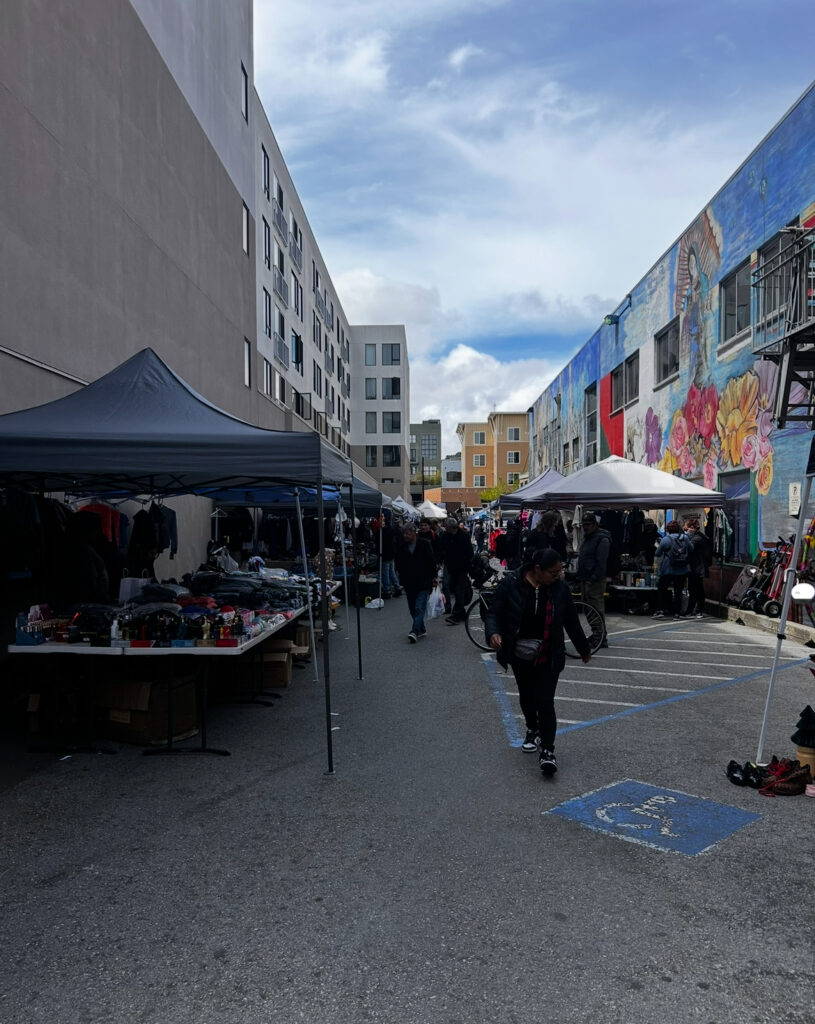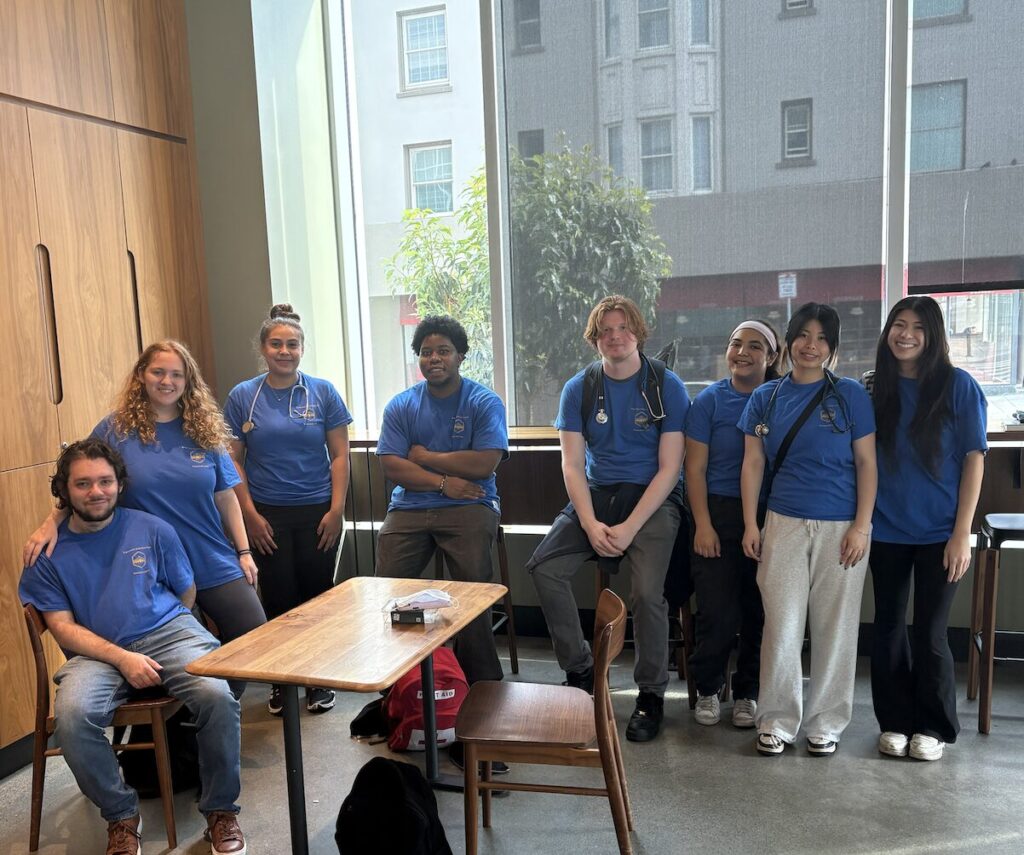
Research & Public Health Nonprofit
Serving the Unhoused in San Francisco
Volunteer as a research assistant, outreach associate, or business intern to help and engage with your community.
Online and in-person internships are available.
Mission Statement
We deliver holistic support to San Francisco’s unhoused residents by addressing their immediate medical and psychological needs, connecting with individuals one-on-one, and providing resources that foster long-term stability. Through dedicated research, we also develop innovative solutions to create lasting, sustainable impact.
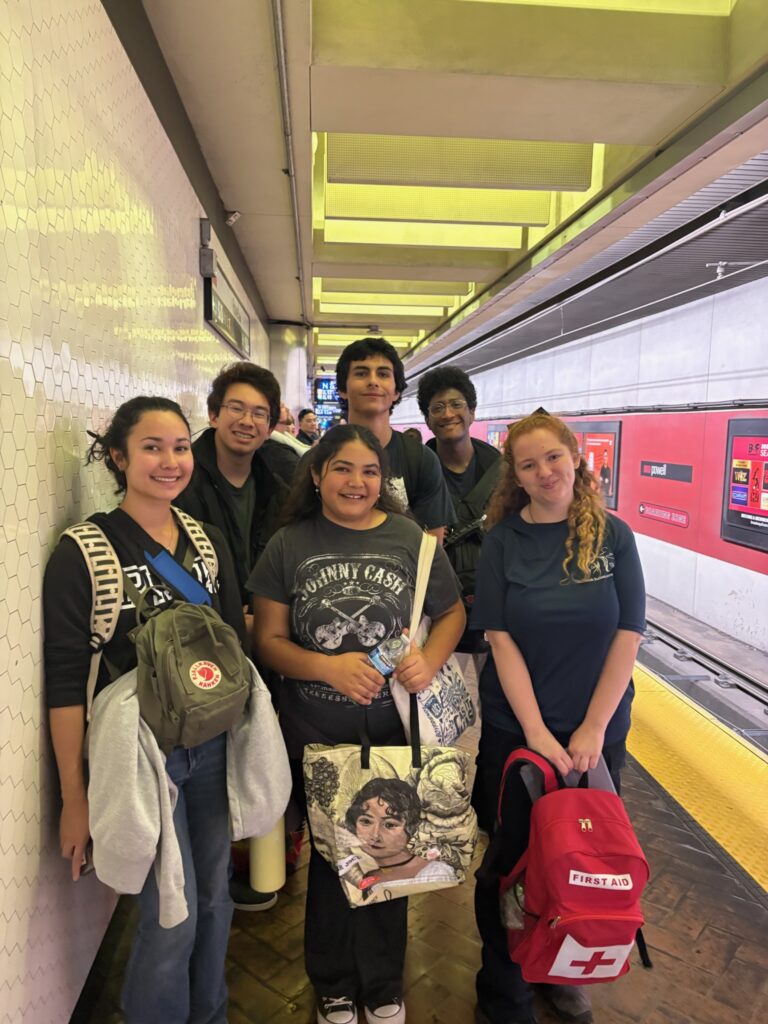
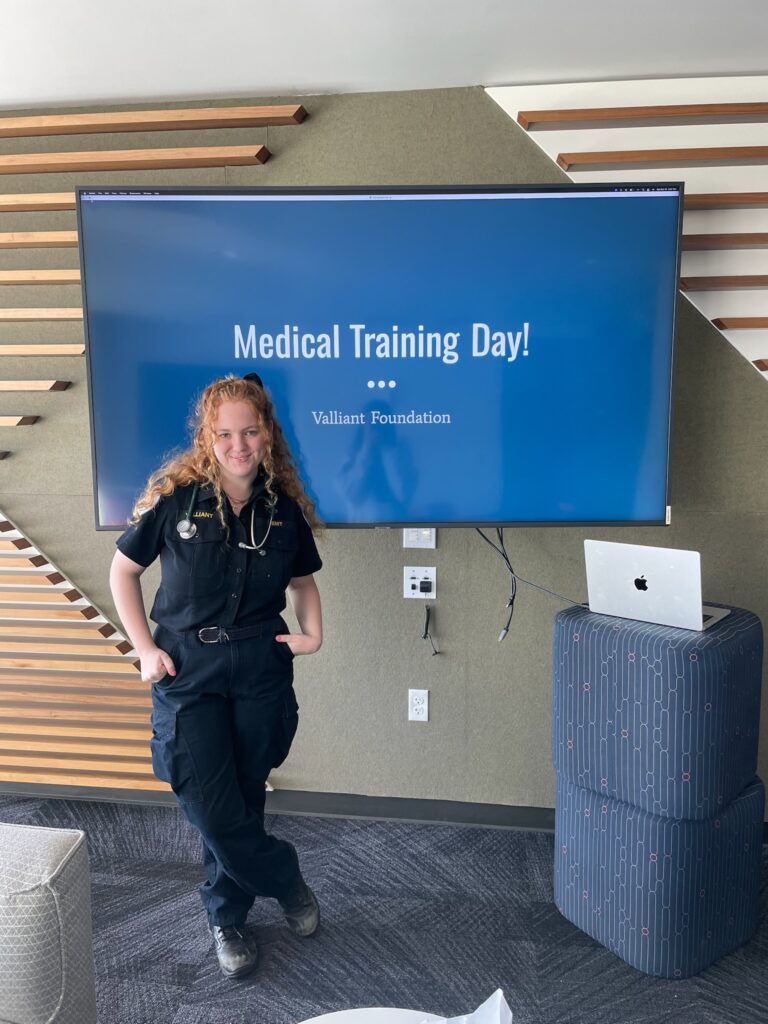
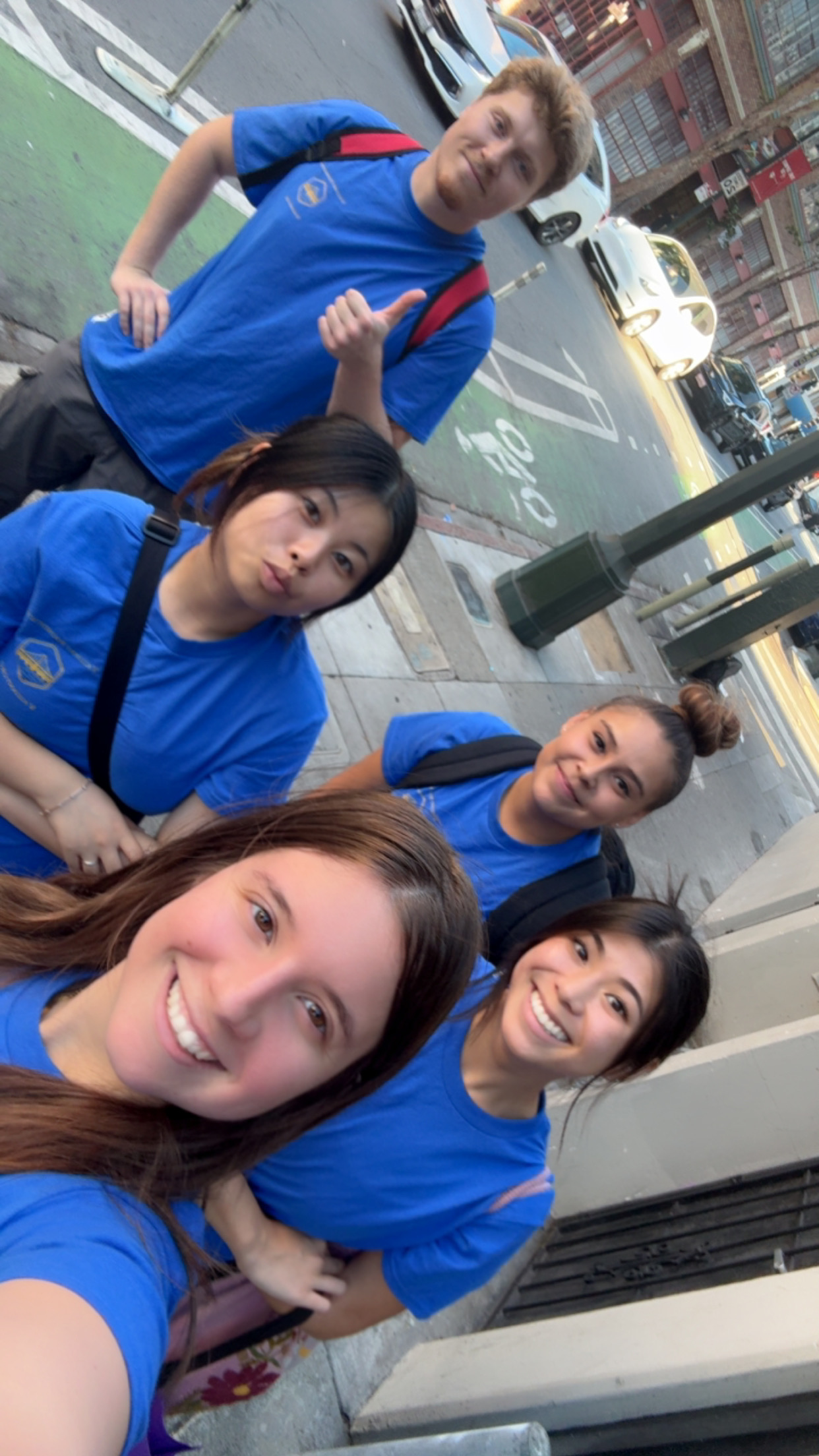
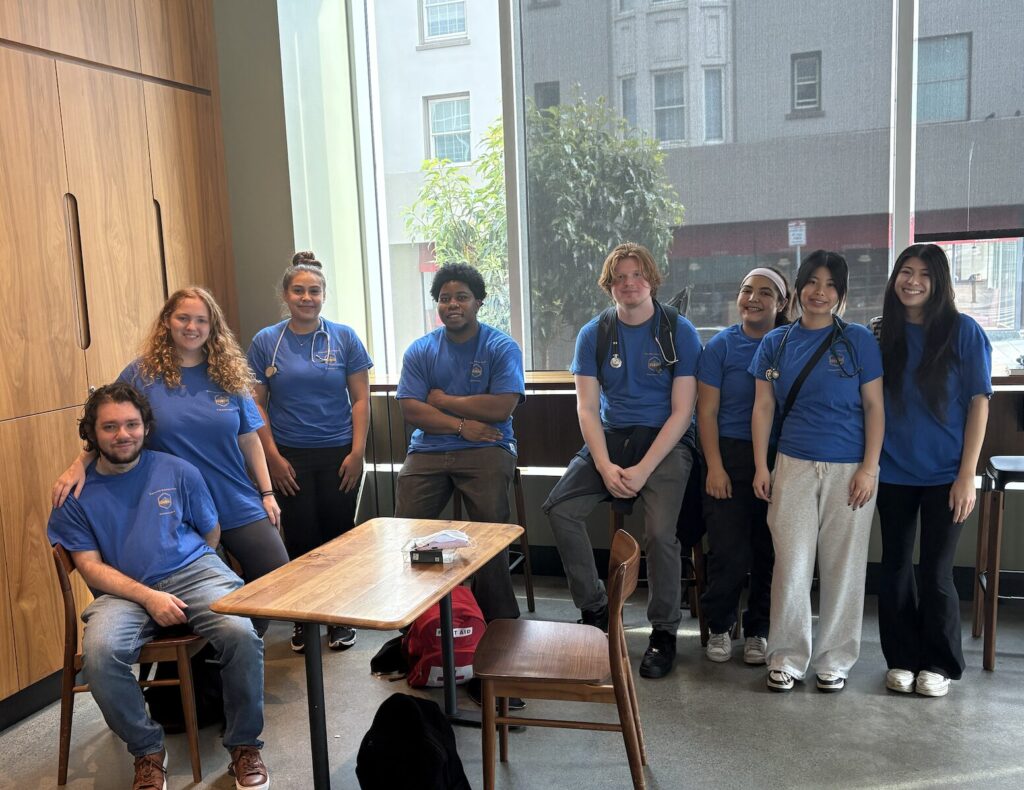
Support Us In Transforming Lives
Donations go straight to providing food, medical supplies, and clothing for the unhoused. Funds are also used to further our research efforts and provide assistance to the underserved
Homeless Heartline
Connect with a trained volunteer to explore accessible resources, find a safe space to express your feelings, and learn effective coping skills in a non-clinical setting.

First Step: Acknowledging
Being homeless in San Francisco is like standing on the edge of a city that never truly sees you. For them, each day is a battle against the elements of their environment and the invisible walls of society’s indifference.
Shelters are filled to the brim; finding a place to sleep becomes a nightly struggle—every corner of the city is claimed by someone else who’s just as desperate.
Food is scarce, and without the right support, navigating the city’s labyrinth of services feels impossible.
And yet, the worst part isn’t the hunger, the cold, or the exhaustion. It’s the way people look right through you—like you’re part of the city’s landscape but not part of its people. The isolation is suffocating. It’s unmotivating to do good in a world that is working against you.
Homelessness is not always a personal failure but a reflection of the systemic inequalities and societal neglect that leave countless individuals without stable housing, healthcare, or support. Too often, people experiencing homelessness are blamed for circumstances beyond their control—cycles of poverty, unaffordable housing, underfunded mental health services, and social structures that make it nearly impossible to break free all alone.
Vision Statement
We envision a future where every unhoused individual in San Francisco has access to compassionate care, meaningful connections, and the resources necessary for lasting stability. At Valliant, homelessness is recognized not as a personal failure but as the result of systemic injustice and societal neglect. We are committed to creating a community with our unhoused neighbors—meeting immediate needs while working toward long-term solutions through direct support, advocacy, and innovation.
